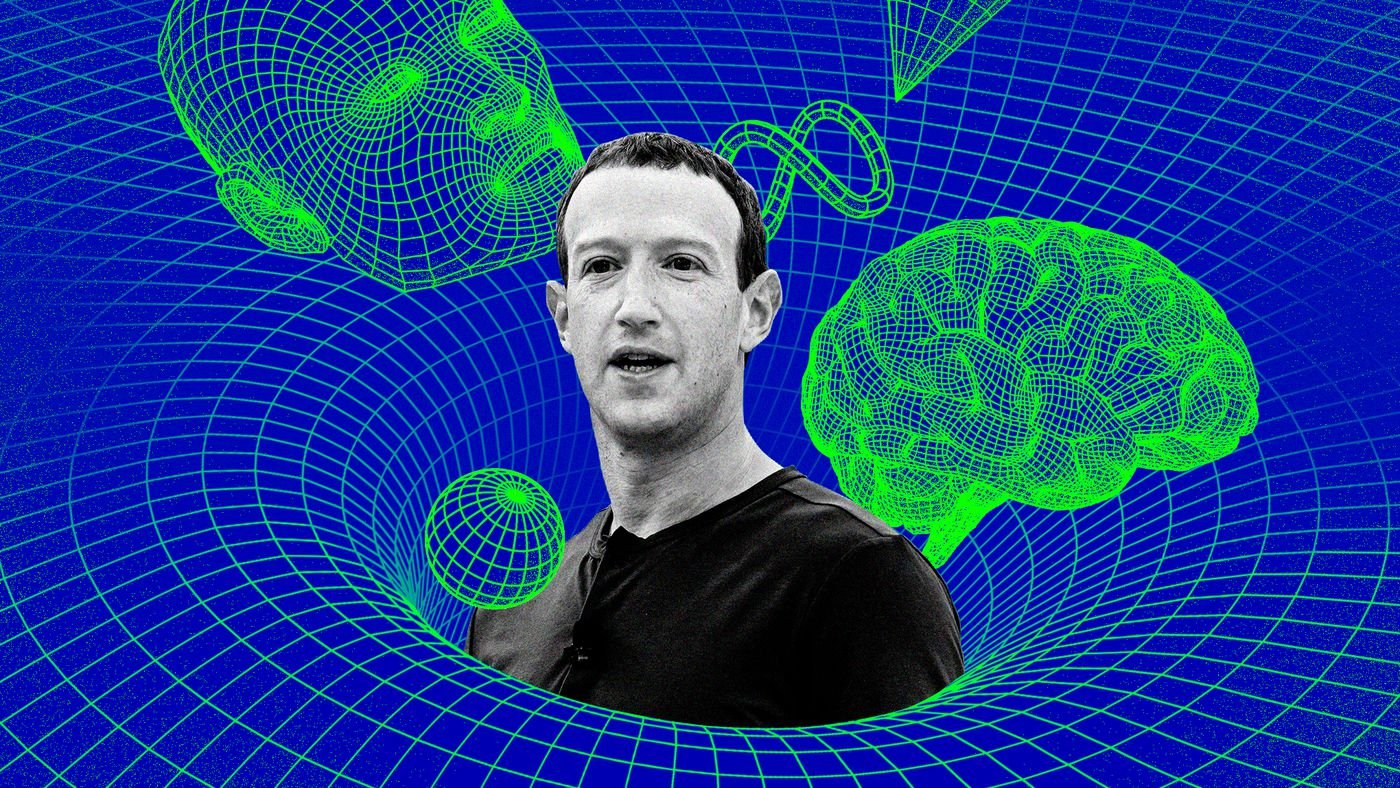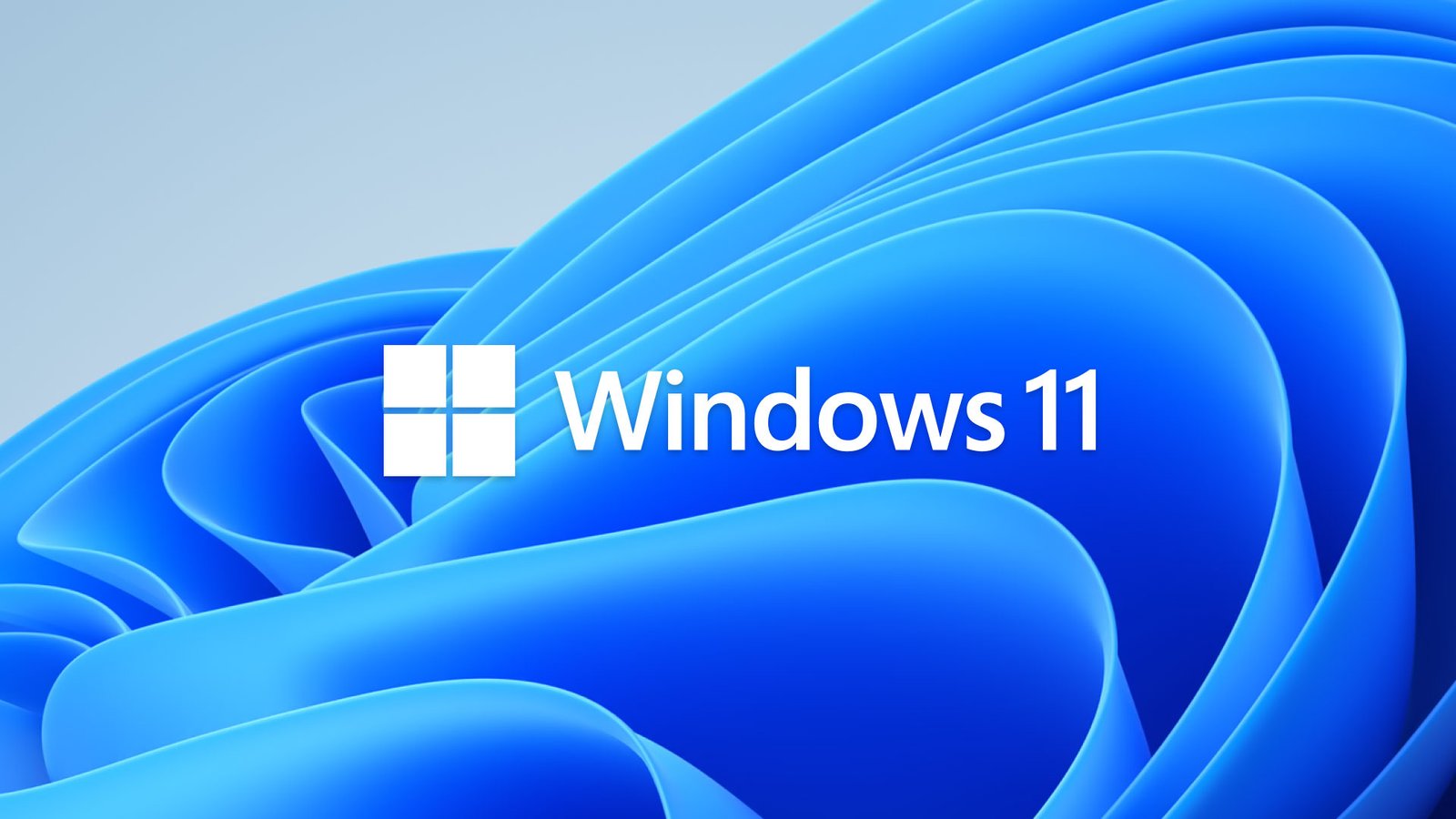In the rapidly evolving landscape of artificial intelligence, Mark Zuckerberg, CEO of Meta, has voiced concerns regarding the approach taken by Google and OpenAI in AI development. Unlike his competitors, Zuckerberg advocates for a more decentralized and open-source method to prevent any single entity from dominating the AI space.
Zuckerberg’s Perspective:
Zuckerberg has articulated his worries about AI development turning into a scenario similar to mobile apps, where major platforms exert significant control. He envisions a future where AI transcends the current state of chatbots to become more autonomous, capable of performing complex tasks independently. Zuckerberg argues that this shift should not be under the restrictive influence of a few powerful tech giants.
The Open-Source Advocacy:
Meta has taken a distinct path by focusing on open-source AI models, as demonstrated by their Llama 3 chatbot. This model represents a strategic shift towards accessibility and collaborative improvement, contrasting with the closed-source models favored by Google and OpenAI. By making Llama 3 open source, Meta aims to foster innovation across the tech community, encouraging a variety of applications built on this technology.
Industry Reactions:
While the concept of Artificial General Intelligence (AGI) is a shared goal among tech giants, the methods of achieving it vary. Zuckerberg has emphasized the importance of open sourcing and widely distributing AI technologies to ensure broad benefits, rather than confining them to proprietary boundaries. This approach, he suggests, will democratize AI benefits and spur widespread innovation.
The Bigger Picture:
Zuckerberg’s comments come at a time when the race for AI dominance is intensifying, with substantial investments flowing into AI research and development. His critique highlights a growing divide in the tech industry over how future AI technologies should be developed and controlled. His stance is clear: rather than creating ‘God-like’ centralized AI platforms, the focus should be on fostering an ecosystem where multiple entities can contribute to and benefit from AI advancements.
The debate over AI development strategies is more than a technical dispute; it is a question of future governance, ethics, and access. As AI continues to integrate into various aspects of human life, the direction it takes could shape the technological landscape significantly. Zuckerberg’s push for an open, diversified AI development model challenges the current trajectories set by Google and OpenAI, advocating for a structure that avoids the pitfalls of past technological consolidations.






























